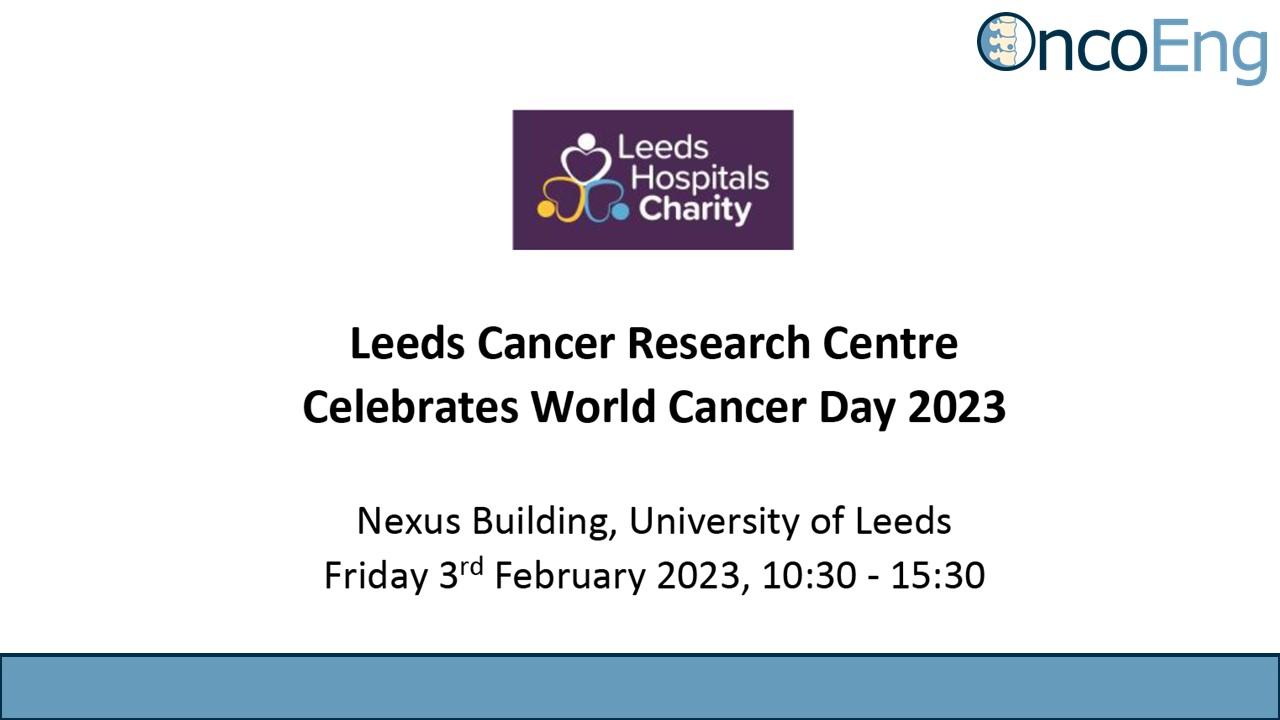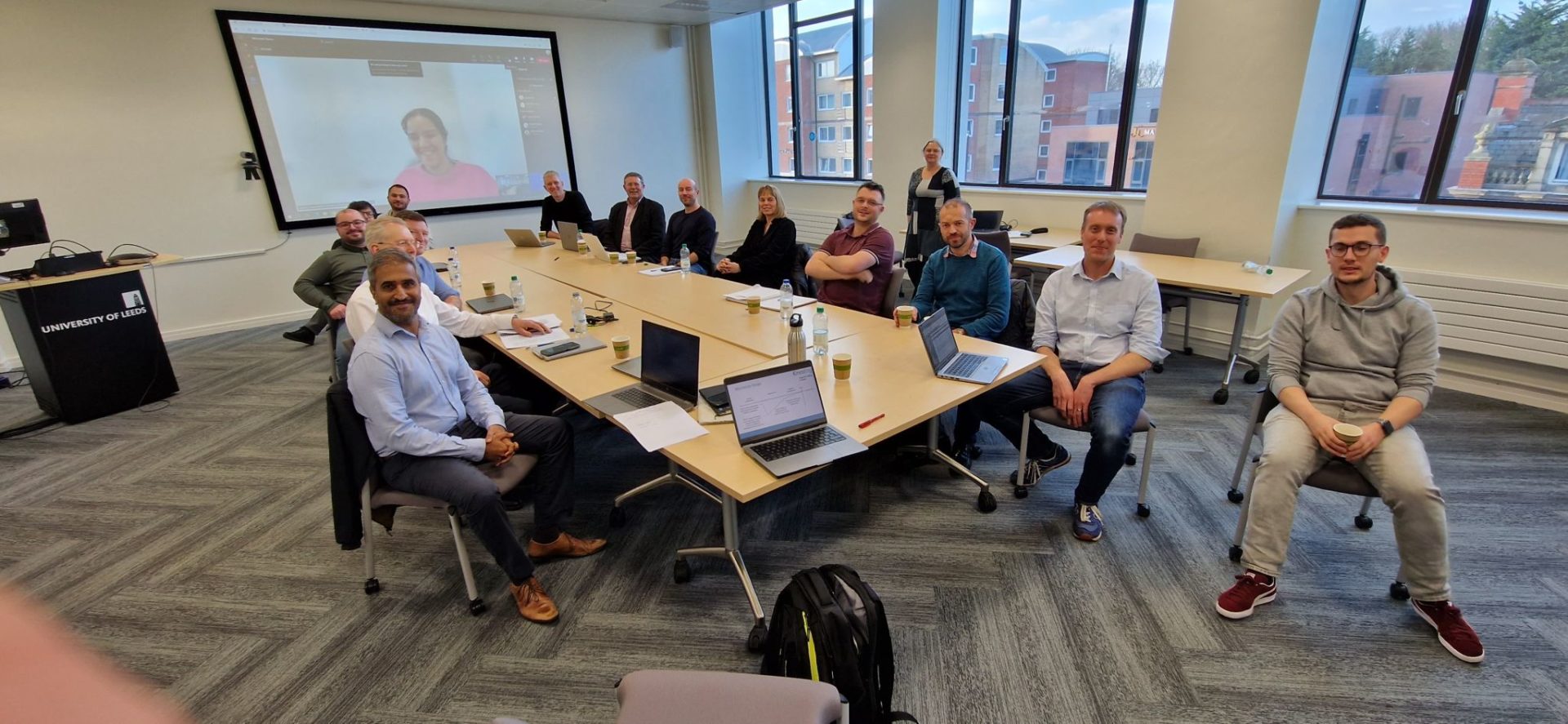On 13th July 2023, OncoEng held a patient day for our patient partners and researchers from across the OncoEng Project. This day was an excellent opportunity for co-creation of research ideas, and modification of existing research pathways to match the lived experience of metastatic bone disease (MBD). The day was well received by both patient partners and researchers, with the researchers gaining a very personal insight into the diagnosis and treatment of MBD.
[Music]
I expected you know, typical engineers, mathematicians, but they’re quite uh they’re very warm and understanding and it was nice um to speak to them about our stories and they asked a lot of questions didn’t they. Obviously they’ve got a lot of genuine interest because that’s what they’re working on. And what I think… what I thought was if I could say anything…
Yeah I mean it’s… and I think it’s not easy, it’s easy for us to talk to each other about what’s wrong and what’s our feelings. It’s harder to actually talk to family and friends, but talking to strangers, that I find that quite easy.
I think they were a bit shocked as well at some point, some of the things that we said and how it affects our lives um not just on a physical sense but in every sense, you know um emotionally, family uh financially uh in future. I think they were surprised to actually think about what we uh how we live and how um how it affects us, our lifestyle. I think we quite open and honest. They made it so that we could be, yeah, they were receptive weren’t they, very receptive…that’s good
…together isn’t it so that everybody can share their bits of expertise or in our case experience. It all helps to… you know I think the experience from what we were talking about with the different groups, um meant that um they understood a little bit more about how it all started for us. So you know, it started in my… it was secondary, it started with a fracture in my spine because it was almost too late for what they were saying well they were going to be looking at tumours that could cause a fracture, but we’re all at that point we’ve all had our fractures. Um, yes we might have further fractures down the line it didn’t it didn’t seem to tie in with what their thought was going to happen. But I think it led on to um especially one group um that we need to be having more scans. Yeah, so that you know if a tumour… if you’ve got primary breast cancer and you had um scans um or blood tests to see if your cancer markers were going up, then you could have a scan to see if there’s some small tumours in your spine before you get to the point where it’s 4 cm big and does cause a fracture. It’s almost as if it’s down the line.
My situation was slightly different because I didn’t have primary, I was uh my tumour was a very small tumour in the breast, was found on a routine mammogram. I was at work when I went to get… and then CT scan showed all of my spine’s completely full of tumour and hips and pelvis and everything, so the whole world was uh shaken. But on my perspective of the spine I would very much like to know how to be aware if it’s going to fracture having had trauma surgery and prophylactic surgery I can compare the difference and it’s best to have something prophylactic especially if it’s minimally invasive. To me, is um, would be wonderful, would be absolutely life changing compared to actually having the fracture, after having that experience but…
Well mine are only small at the moment so I’m at the point where um there could be intervention. Obviously the um, the research is not at that stage yet but I would be an ideal candidate for intervention because they’re quite small. They’re not near the spinal cord, um they’re in T5 and T7 um which I understand would probably paralyze me from the chest down um, so I’m really, really interested in what they’re doing with the research and I think for them, it’s nice for them to have met people. And when they’re actually looking at something, perhaps to have us in mind, the real people at the end of the day, that are going to be um benefiting.
I think also there’s this need to bridge the gap between the research that’s going on and ourselves as… how the patient suffers, and how do we get the information? How do we get access to the information just as they’re getting access to you know knowledge from us it’s a two-way thing.
[Music}
The day fostered a co-creation environment for brainstorming and refining research pathways, ensuring they align closely with the actual experiences of those battling Metastatic Bone Disease. Patient partners and researchers exchanged insights, deepening researchers’ understanding of MBD’s practical challenges while empowering patients through active participation.
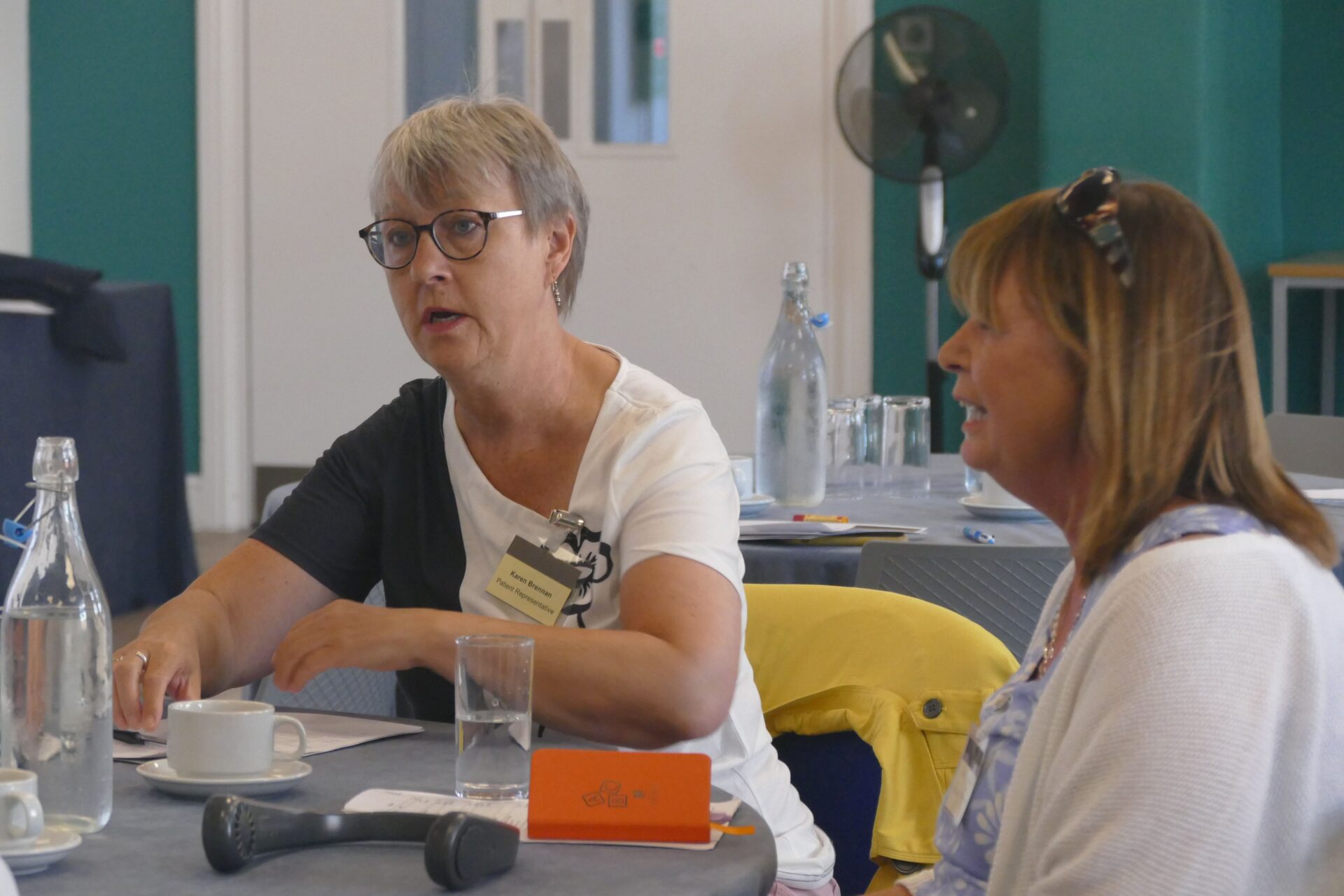
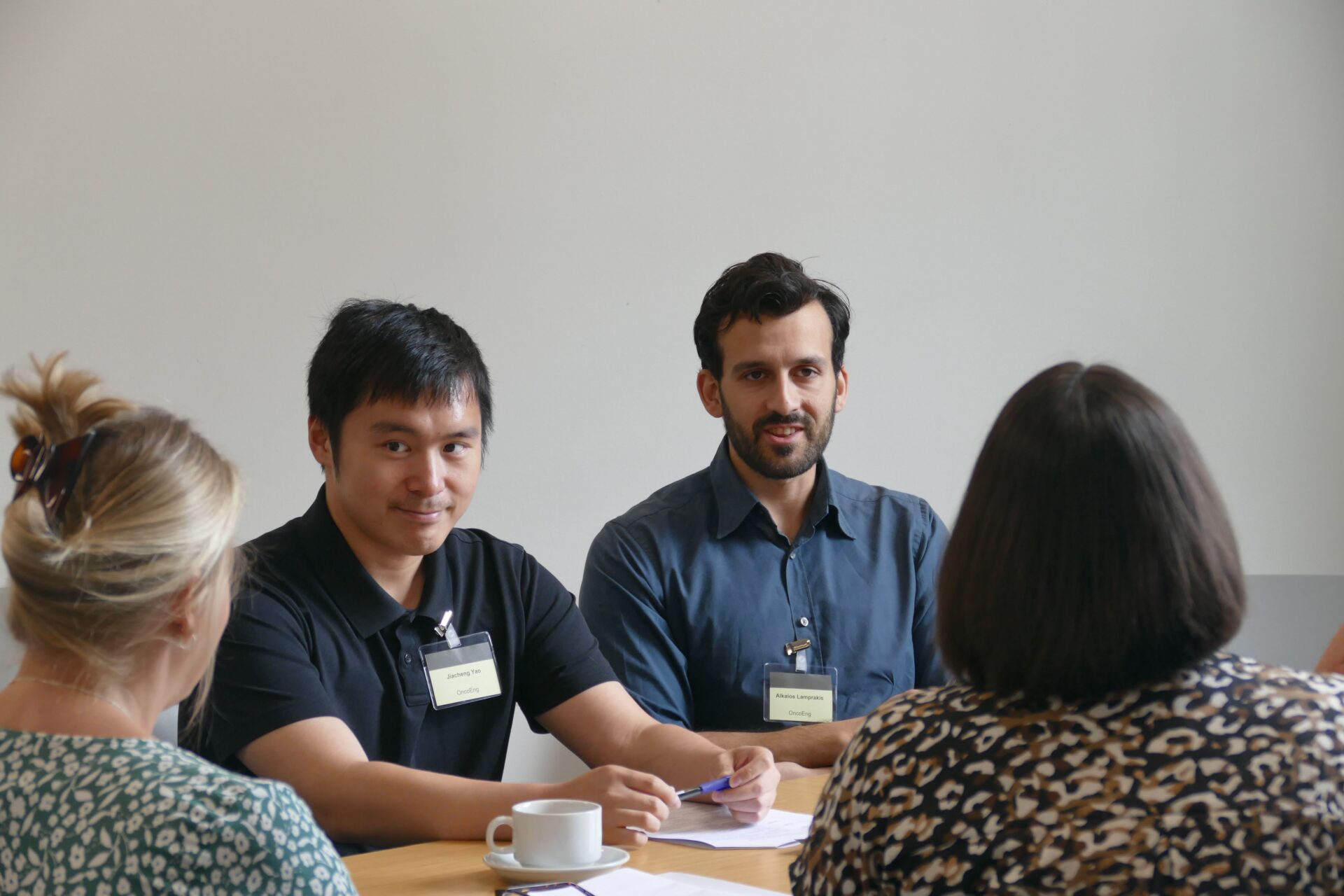
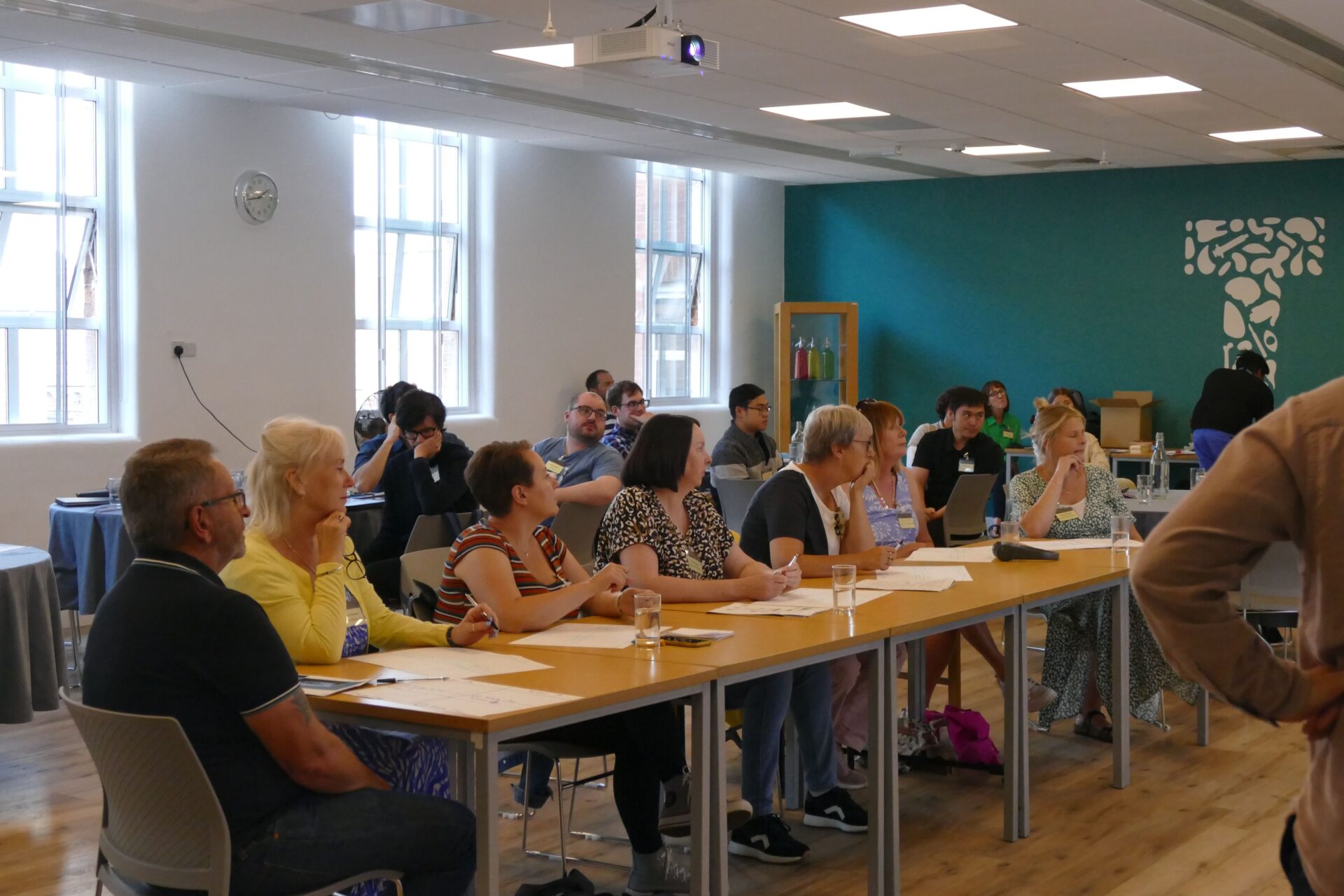
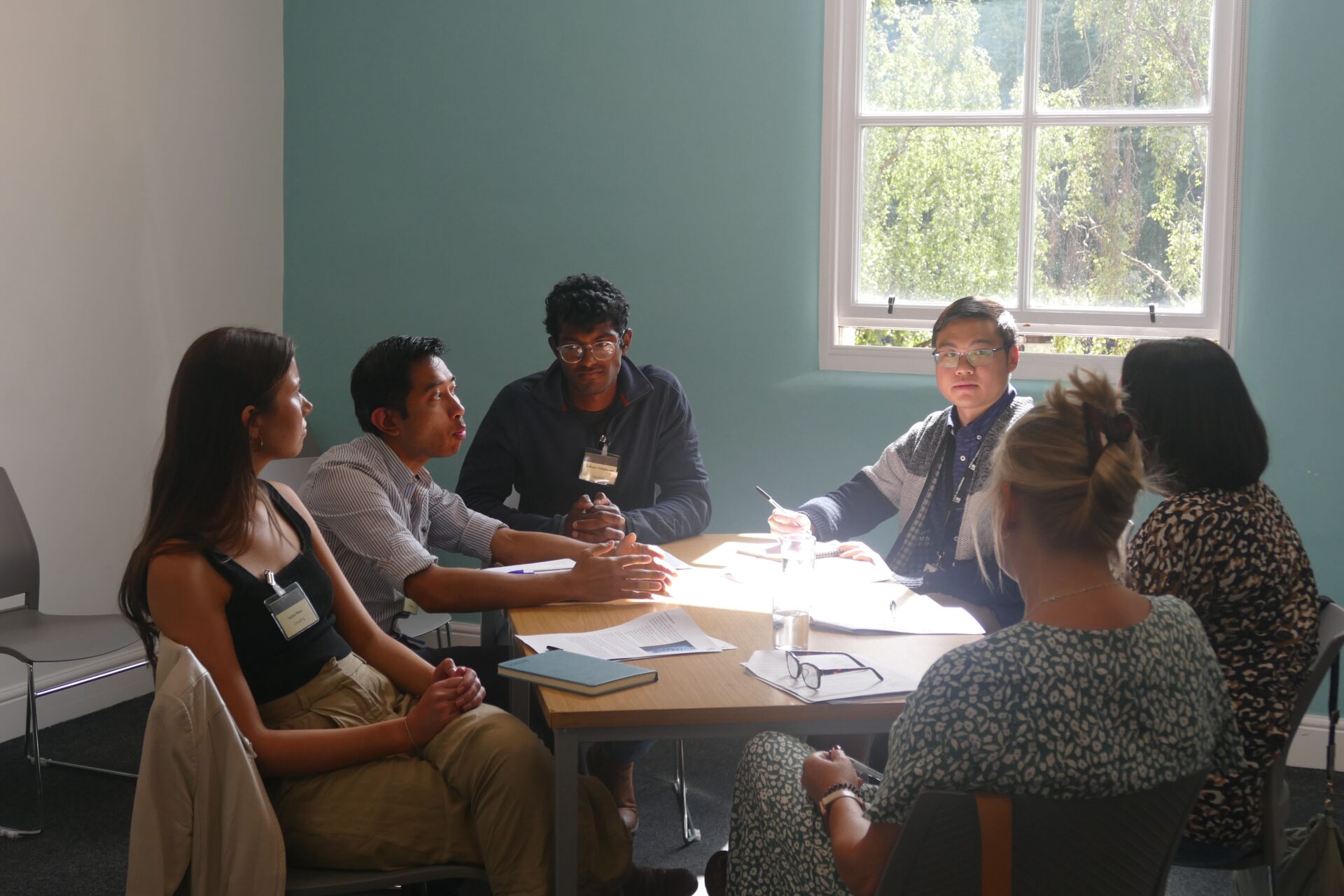

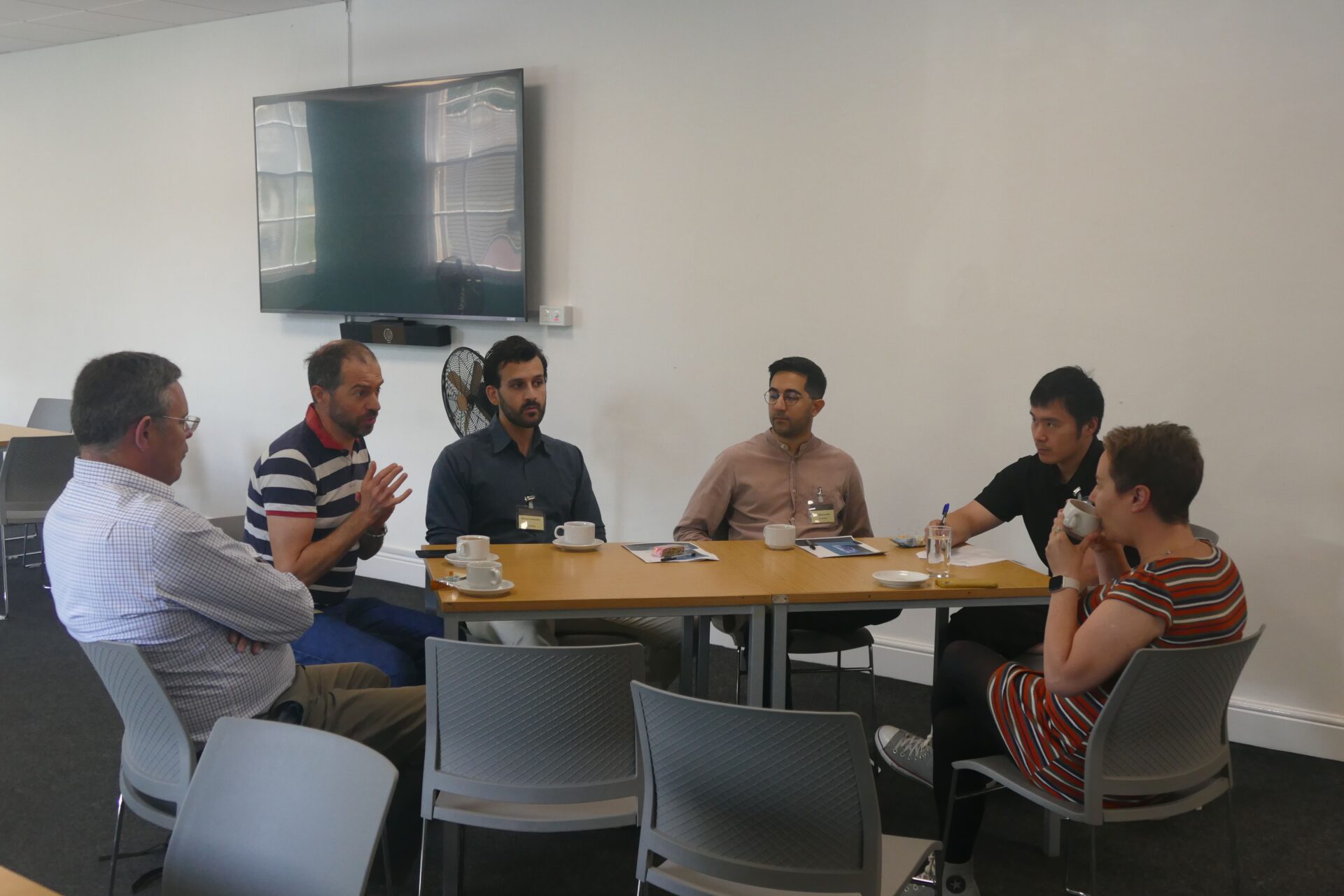
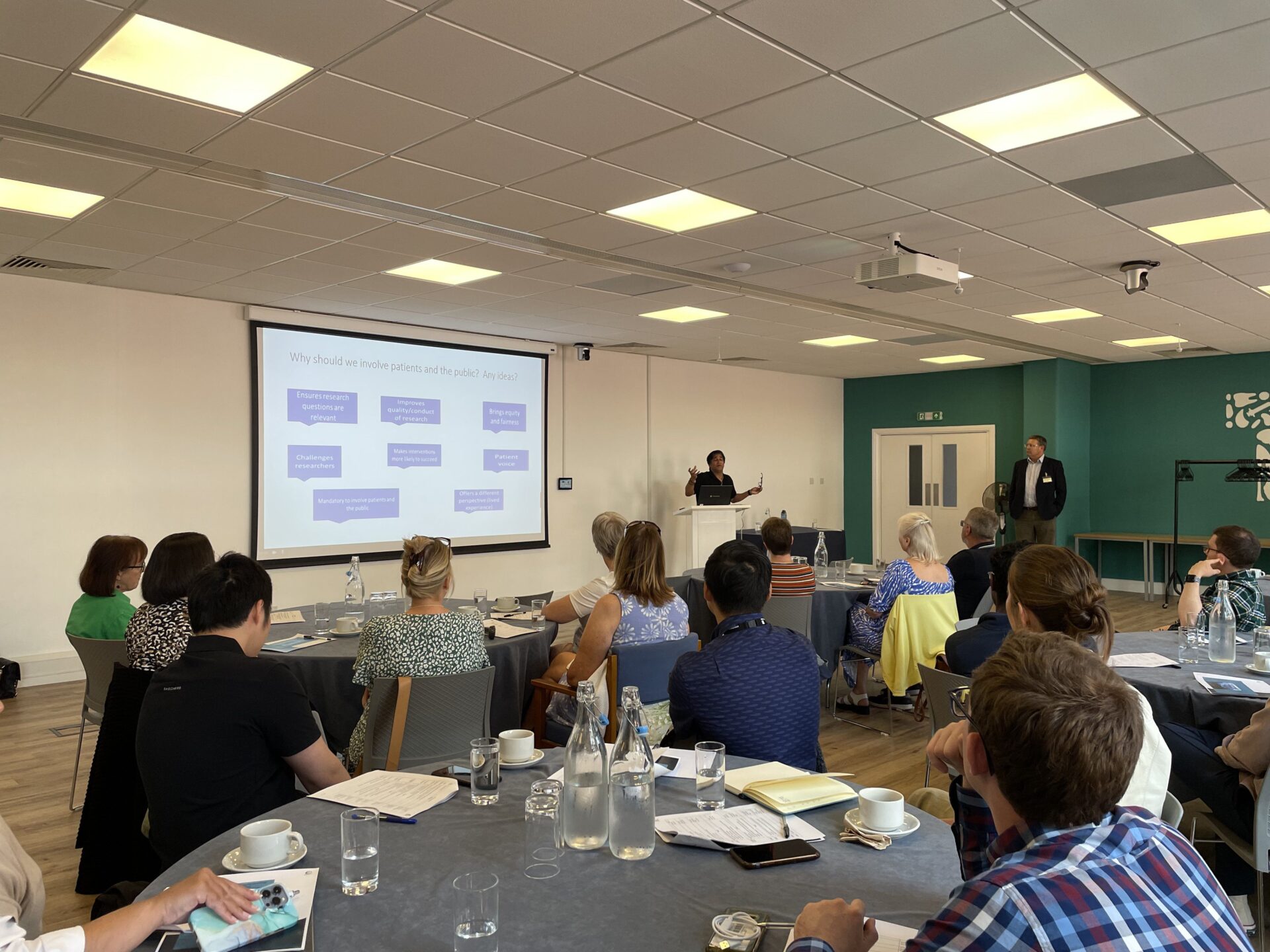
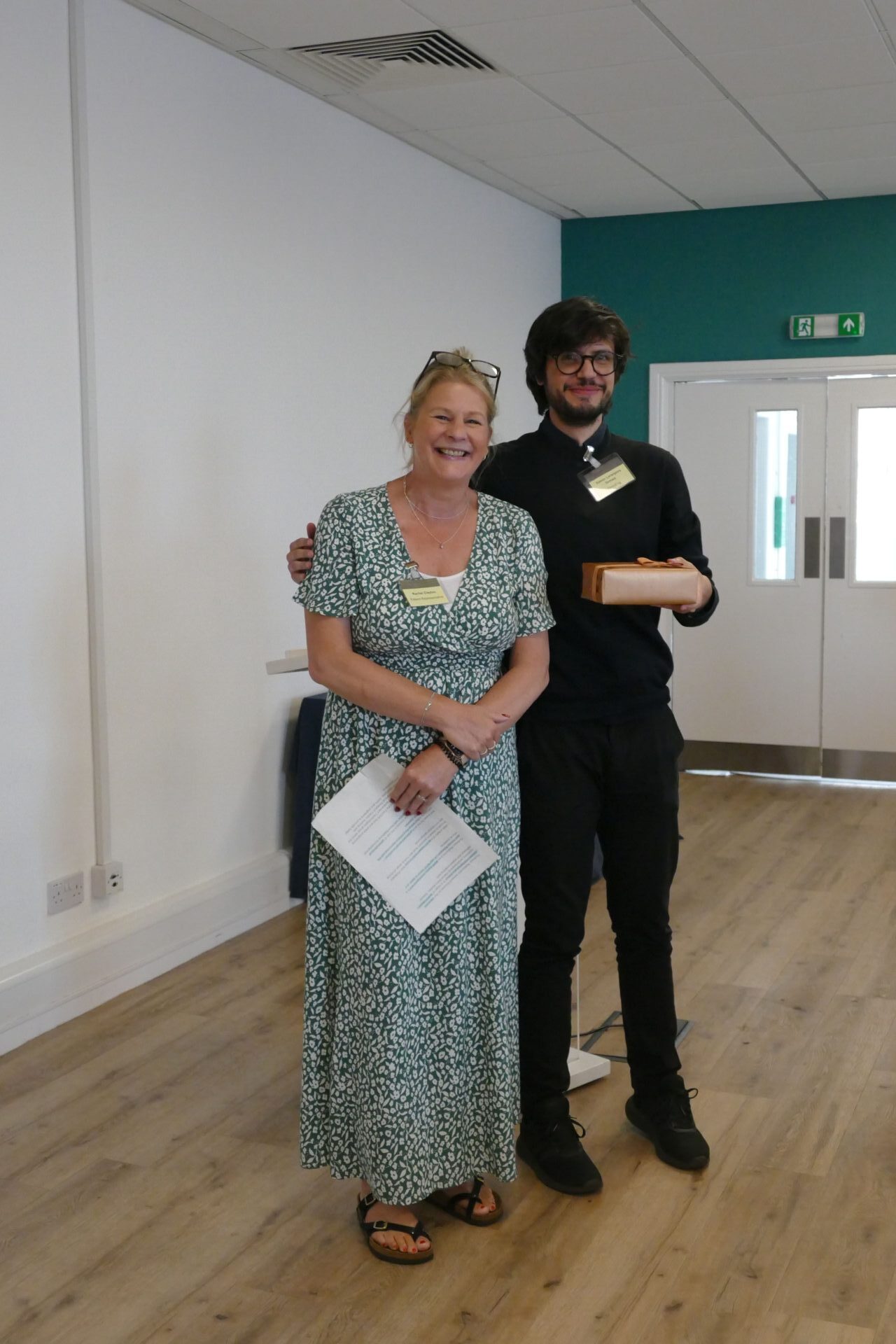
Acknowledgements
- Patient Partners: A heartfelt thank you to Julie Sutherland, Ian Sutherland, Karen Brennan, Carole Pollard, Victoria Groves, Katie Hinken, Rachel Clayton for their invaluable contributions.
- Leeds Teaching Hospital Trust Recognition: Special thanks to Dr Hanif Ismail, Patient and Public Involvement Manager, for his pivotal role in the event’s success.
- METUPUK for assisting to gather patients to be involved in the event to give their views living as patients with spine metastases and the impact on their lives, patients welcome research to help with their disease.
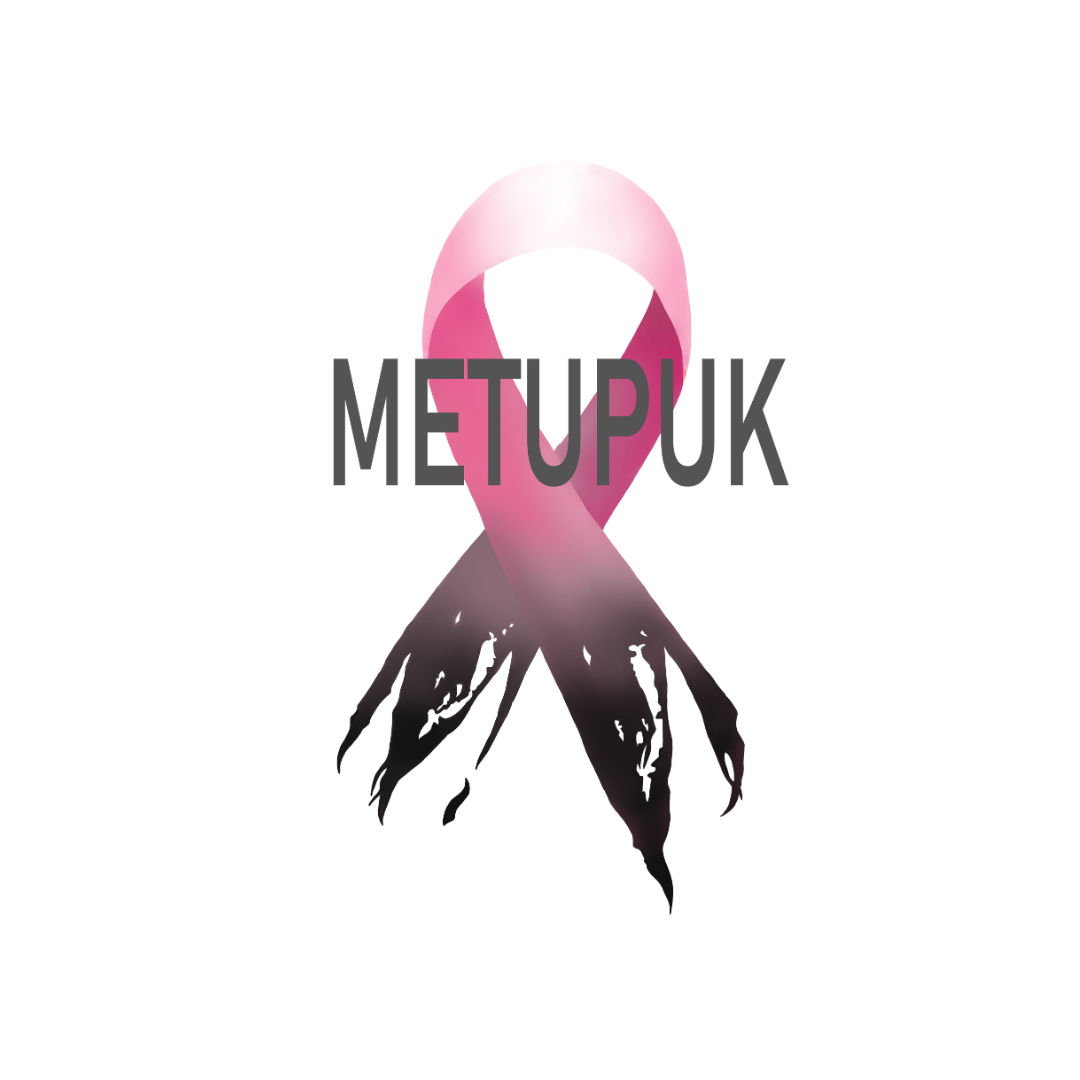
Latest News
